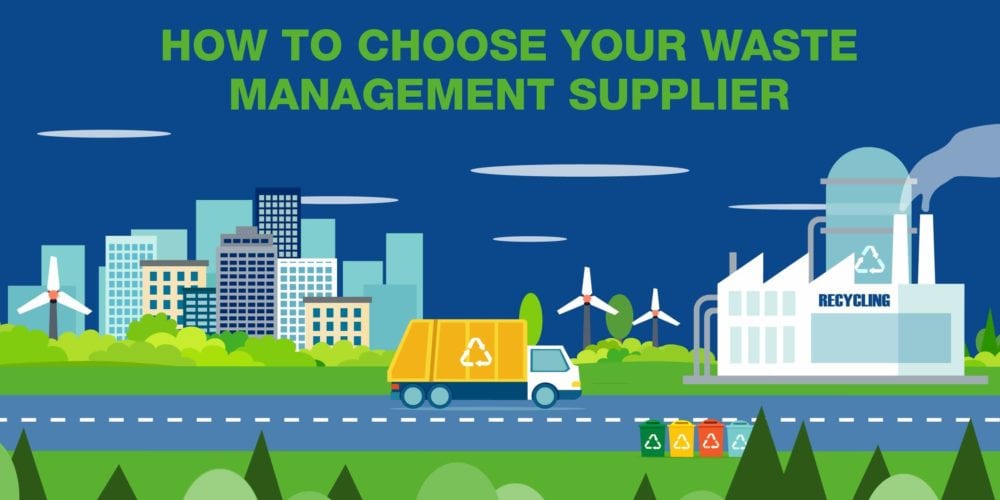1. Understanding Smart Waste Management Systems
Smart waste management systems integrate various technologies to optimize the collection, transportation, and disposal of waste. These systems use sensors, data analytics, and automation to monitor waste levels, predict collection needs, and streamline operations.
Key Components:
- IoT Sensors: Installed in waste bins, these sensors monitor the fill levels in real-time and send data to a central system.
- Data Analytics: Analyzes data from sensors to predict optimal collection times and routes.
- GPS and Routing Software: Optimizes collection routes for efficiency, reducing fuel consumption and emissions.
- Automated Collection Vehicles: Equipped with robotic arms and sensors, these vehicles can autonomously collect waste.
2. Benefits of Smart Waste Management Systems
Implementing smart waste management systems brings numerous benefits to cities, including:
Efficiency and Cost Savings:
- Optimized Collection Routes: By using real-time data, collection routes can be optimized, reducing fuel consumption and operational costs.
- Reduced Overflow and Spillage: Sensors ensure bins are emptied before they overflow, maintaining cleanliness and hygiene.
- Labor Savings: Automation reduces the need for manual labor, allowing workers to focus on more complex tasks.
Environmental Impact:
- Lower Emissions: Optimized routes and reduced trips result in lower greenhouse gas emissions from waste collection vehicles.
- Better Resource Management: Data analytics helps in identifying trends and improving recycling rates, reducing the overall waste sent to landfills.
Enhanced Public Health and Safety:
- Improved Hygiene: Regular emptying of bins prevents the accumulation of waste, reducing the risk of pest infestations and spread of diseases.
- Safer Streets: Automated systems minimize the need for manual collection, reducing the risk of accidents for waste collection workers.
3. Technologies Driving Smart Waste Management
Several cutting-edge technologies are at the heart of smart waste management systems, enabling them to function effectively and efficiently.
IoT (Internet of Things):
IoT sensors are crucial for monitoring waste levels in real-time. These sensors are placed in waste bins and containers to measure fill levels and transmit this data to a central management system. The use of IoT in waste management allows for:
- Real-Time Monitoring: Continuous monitoring of waste levels helps in timely collection and prevents overflows.
- Predictive Maintenance: Data from sensors can predict when a bin is likely to fill up, allowing for proactive management.
Artificial Intelligence (AI) and Machine Learning:
AI and machine learning algorithms analyze the data collected by IoT sensors to optimize waste collection and management processes. These technologies enable:
- Route Optimization: AI can determine the most efficient routes for waste collection vehicles, reducing travel time and fuel consumption.
- Demand Forecasting: Machine learning algorithms can predict waste generation patterns, helping in planning and resource allocation.
Data Analytics:
Data analytics plays a vital role in transforming raw data from sensors into actionable insights. By analyzing data trends, cities can:
- Identify Problem Areas: Pinpoint locations with frequent overflow issues and address the underlying causes.
- Improve Recycling Rates: Analyze data to identify areas with low recycling rates and implement targeted campaigns.
Automation and Robotics:
Automation and robotics enhance the efficiency and safety of waste collection. Automated collection vehicles and robotic arms can:
- Reduce Manual Labor: Automate the collection process, reducing the need for human intervention.
- Enhance Precision: Ensure precise and consistent waste collection, minimizing the risk of spillage.
4. Case Studies: Smart Waste Management in Action
Several cities worldwide have successfully implemented smart waste management systems, showcasing the potential of these technologies.
Barcelona, Spain:
Barcelona has integrated smart waste management into its broader smart city initiative. The city uses IoT sensors in waste bins to monitor fill levels and optimize collection routes. This system has led to:
- 20% Reduction in Collection Costs: Optimized routes have significantly reduced fuel consumption and labor costs.
- Improved Recycling Rates: Data analytics has helped identify and address areas with low recycling participation.
San Francisco, USA:
San Francisco has implemented a comprehensive smart waste management system to achieve its goal of zero waste. The city’s system includes:
- Smart Bins: Equipped with sensors to monitor fill levels and compact waste, increasing bin capacity.
- Data-Driven Insights: Use of data analytics to optimize collection schedules and improve recycling programs.
Seoul, South Korea:
Seoul has embraced smart waste management as part of its efforts to become a sustainable city. Key initiatives include:
- Automated Waste Collection: The city uses automated vehicles and robotic arms to streamline the collection process.
- Real-Time Monitoring: IoT sensors provide real-time data on waste levels, enabling efficient management.
5. Challenges and Future Directions
While smart waste management systems offer numerous benefits, they also present challenges that need to be addressed for widespread adoption.
Challenges:
- High Initial Costs: Implementing smart waste management systems requires significant upfront investment in technology and infrastructure.
- Data Privacy and Security: Protecting the data collected by sensors and ensuring its secure transmission is crucial.
- Integration with Existing Systems: Integrating new technologies with legacy waste management systems can be complex and require significant effort.
Future Directions:
Despite these challenges, the future of smart waste management looks promising. Emerging trends and advancements include:
- Advanced AI and Machine Learning: Continued advancements in AI and machine learning will enhance the predictive capabilities of smart waste management systems.
- Blockchain Technology: Blockchain can provide a secure and transparent way to track waste management processes and ensure accountability.
- Public-Private Partnerships: Collaboration between governments and private companies can drive innovation and investment in smart waste management technologies.





